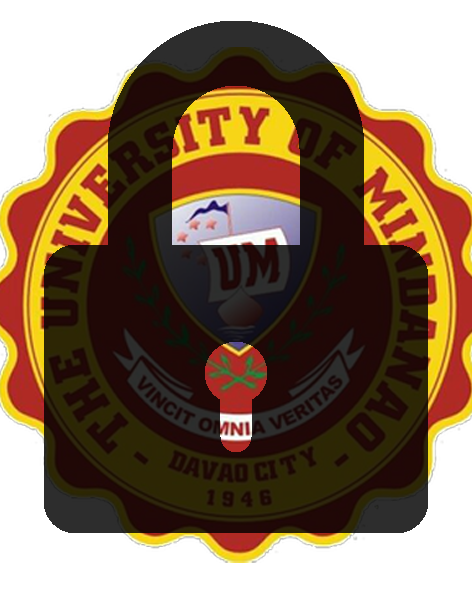Bullying of teachers in the workplace : a phenomenological study

View/
Date
2014-10Author
Tolentino, Alma C.
Keywords
Citation Tool
Metadata
Show full item recordAbstract
The purpose of this undertaking was to describe the bullying of teachers in the workplace. Employing phenomenological approach with 20 teachers, in-depth interviews and focus group discussion were conducted which revealed that bullying of teachers in the workplace is prevalent, and is usually perpetrated by the school head or the authority figures in the school, co-teachers and students. Four major types of bullying as experienced by teachers emerged, such as emotional bullying, verbal bullying, physical bullying and cyberbullying. Workplace bullying affected all facets of the teachers' lives, their physical health, psychological health and social health, being the emergent themes as consequences of the workplace bullying. The participants of the study had different approaches in coping with the experience, through personal struggle or through group support. Based on the results of the study, it came out that most bullying incidents are perpetrated by the school head or the authority figures in the school, which made me conclude that in any organization, those in power have the tendency to abuse.
In view of the above, the DepED and CHED need to take issues of bullying more seriously and consider conducting a comprehensive review and assessment if schools have anti-bullying policies and if they are strictly implementing them and consequently, evaluate their effectiveness. School heads on the other hand, may undergo leadership trainings and values formation seminars to constantly remind them of their role and responsibilities. Skills training may also be given to teachers to motivate them to assert their rights.
Collections
- Dissertations [31]
Publisher
PROFESSIONAL SCHOOLS - EDD
